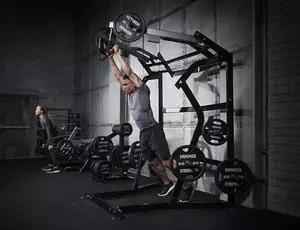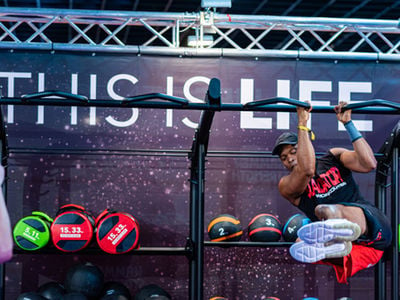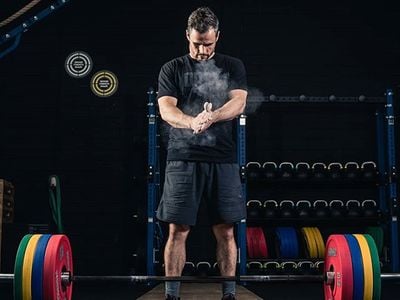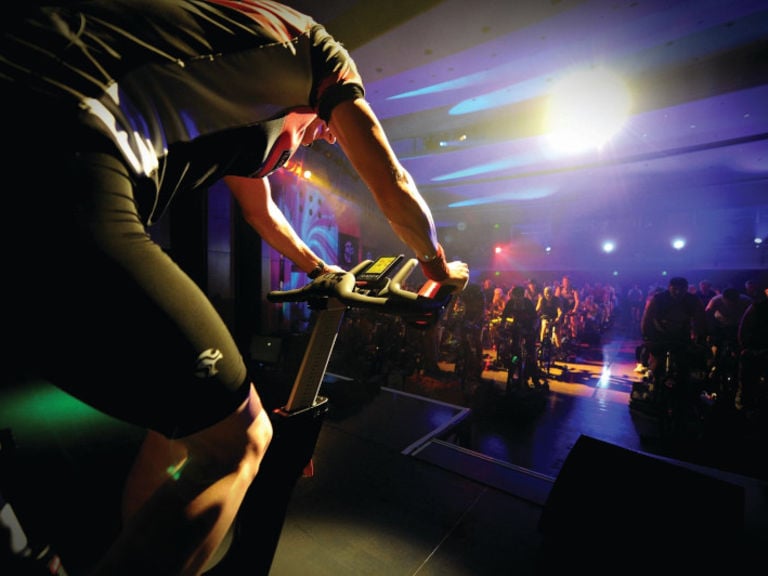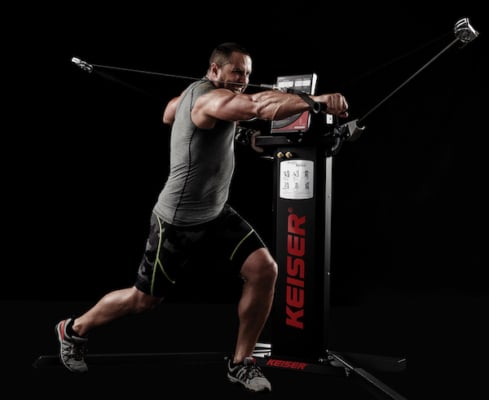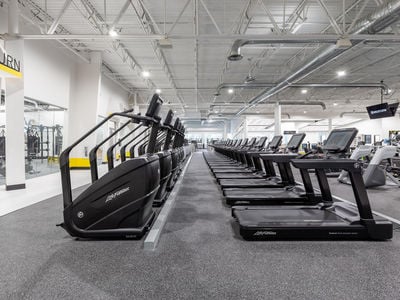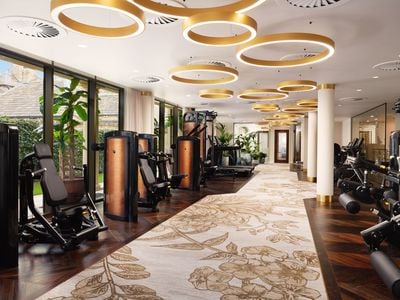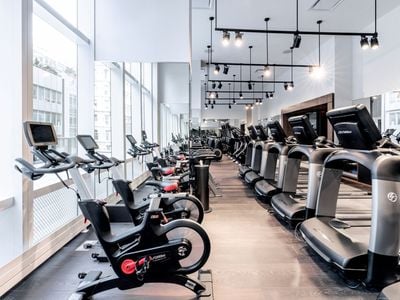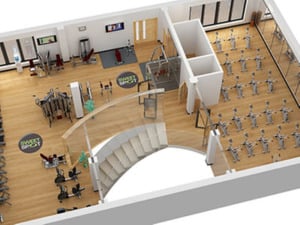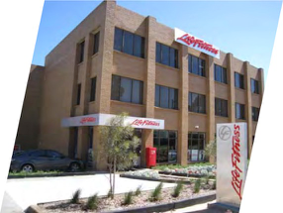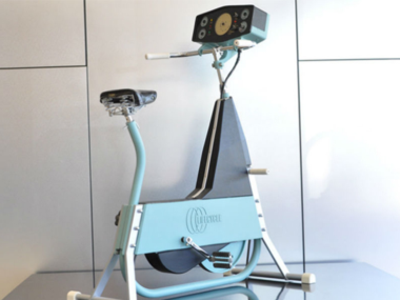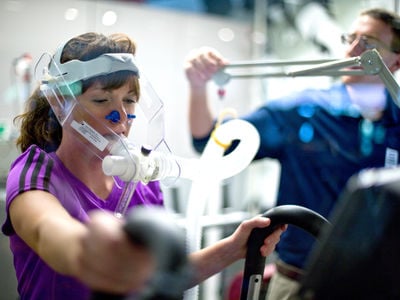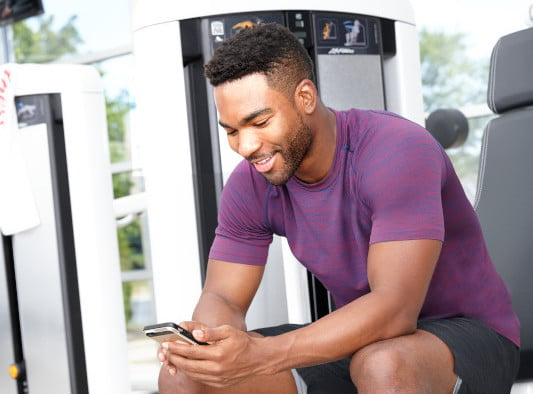If you’re shopping for gym equipment, one big question often comes up — should you stick with home gym gear or invest in commercial-grade machines?
The truth is, home and commercial gym equipment each have their own strengths, and the best choice depends on budget, space and training style. Below, we’ll do a fitness equipment comparison based on factors you should consider to help you make the smartest decision.
Durability and build quality
One of the biggest differences between home and commercial gym equipment is how they’re built. Home gym equipment is made for personal use, meaning it’s tough enough for daily workouts but not designed to handle back-to-back users. The materials are typically of high quality but are often lighter and more compact, so the pieces and machines are easier to move and set up.
Commercial gym equipment is built for heavy, continuous use, using reinforced steel frames, thick cables and advanced coatings to prevent wear and tear. These machines are designed to last, even under intense high-load training.
Size and space considerations
How much room you have matters. Home gym gear delivers compact designs, foldable features and multi-use functions that let you make the most of your setup. You still get versatile strength and cardio training without cluttering your space. Meanwhile, commercial gym equipment is built for large-scale gym floors. These machines are bigger, heavier and less adaptable, which may not be the best fit for small spaces.
If you have limited space, home gym equipment is the smarter option. But if you want the ultimate workout experience every training session, commercial machines could be the way to go.
Performance and features
When doing a fitness equipment comparison, you’ll find both home and commercial gym machines get the job done. But the level of customisation, resistance and technology can make a big difference in the workout experience.
Home gym equipment gives one all the essentials — dumbbells, adjustable benches, treadmills and multi-use machines — while keeping things simple and effective. However, weight capacities are typically lower than commercial machines. For most users, home gym gear offers more than enough resistance to build strength and endurance.
Commercial gym equipment is built for maximum performance, with heavier weight stacks, high-tech interfaces and ultra-smooth movement. Many commercial cardio machines also come with bigger touchscreens, built-in apps and real-time workout tracking. All of these extra features can make a massive difference in an individual’s workout, helping them improve their strength, endurance and performance.
If you want gym-level resistance and pro-level tracking, commercial gym equipment has the edge. But if your focus is solid training without unnecessary extras, home gym equipment delivers everything you need.
Price and long-term value
Let’s talk numbers because price is often a critical deciding factor, especially if you’re purchasing multiple pieces of gym equipment at once.
Rubber dumbbells can cost anywhere from $70 to $7,000, depending on the size and quality of the set. Meanwhile, a high-quality home treadmill typically costs from $4000 up. Commercial gym equipment, on the other hand, comes with a higher price tag. However, if you’re willing to wait, you might be able to get your hands on a set of refurbished commercial gym equipment at a discounted price, giving you the best equipment the market has to offer for less.
Another thing to keep in mind is cleaning supplies, such as wipes or disinfectant spray. While they might not seem like a significant upfront cost, you will need to replenish your stock, which can add up over time.
If you’re after something more affordable, home gym gear offers everything you need at a reasonable price. But if you’re looking for higher weight capacities and long-term durability, investing in commercial machines might be the right move.
Maintenance and lifespan
Both home and commercial gym equipment last a long time with proper care, but there are a few key differences. Regular maintenance, like cleaning, lubricating moving parts and checking bolts, helps extend the lifespan of home gym gear. You’ll also need to keep an eye out for loose parts to help your equipment last.
Commercial gym equipment can handle constant use, with reinforced frames and replaceable parts that keep them running for years, though they still need a good wipe-down after sessions to preserve performance. While you’ll get long-term reliability, occasional maintenance and part replacements are required to keep them performing at their best.
Home or commercial fitness equipment — what’s right for you?
Ultimately, there is no “right” answer for what kind of equipment you want to invest in, as the right choice depends on your training goals, budget and space. To help you make a decision, check out our quick overview below:
Home gym equipment is a great fit if:
- You need space-efficient machines that work in small areas.
- You want affordable, high-quality gear without unnecessary extra costs.
- You train regularly but not at commercial gym volume.
Commercial gym equipment might be worth the investment if:
- You want your home setup to have a true gym-like feel with heavier weight stacks and ultra-smooth movement.
- You prefer machines with high-tech screens, workout tracking and premium durability.
- You live in a household with more than one fitness junkie and need equipment that can handle back-to-back use.
Find the best gym equipment at Life Fitness
Life Fitness offers both home and commercial gym equipment, so you can create a setup that works for you. From dumbbells and space-saving cardio machines to heavy-duty strength training tools, you can buy quality gym equipment at Life Fitness.
Need help deciding? Tell us about your space, training style and goals, and we’ll help you find the perfect setup — whether it’s home gym gear or commercial-grade machines. Get in touch with Life Fitness today!

